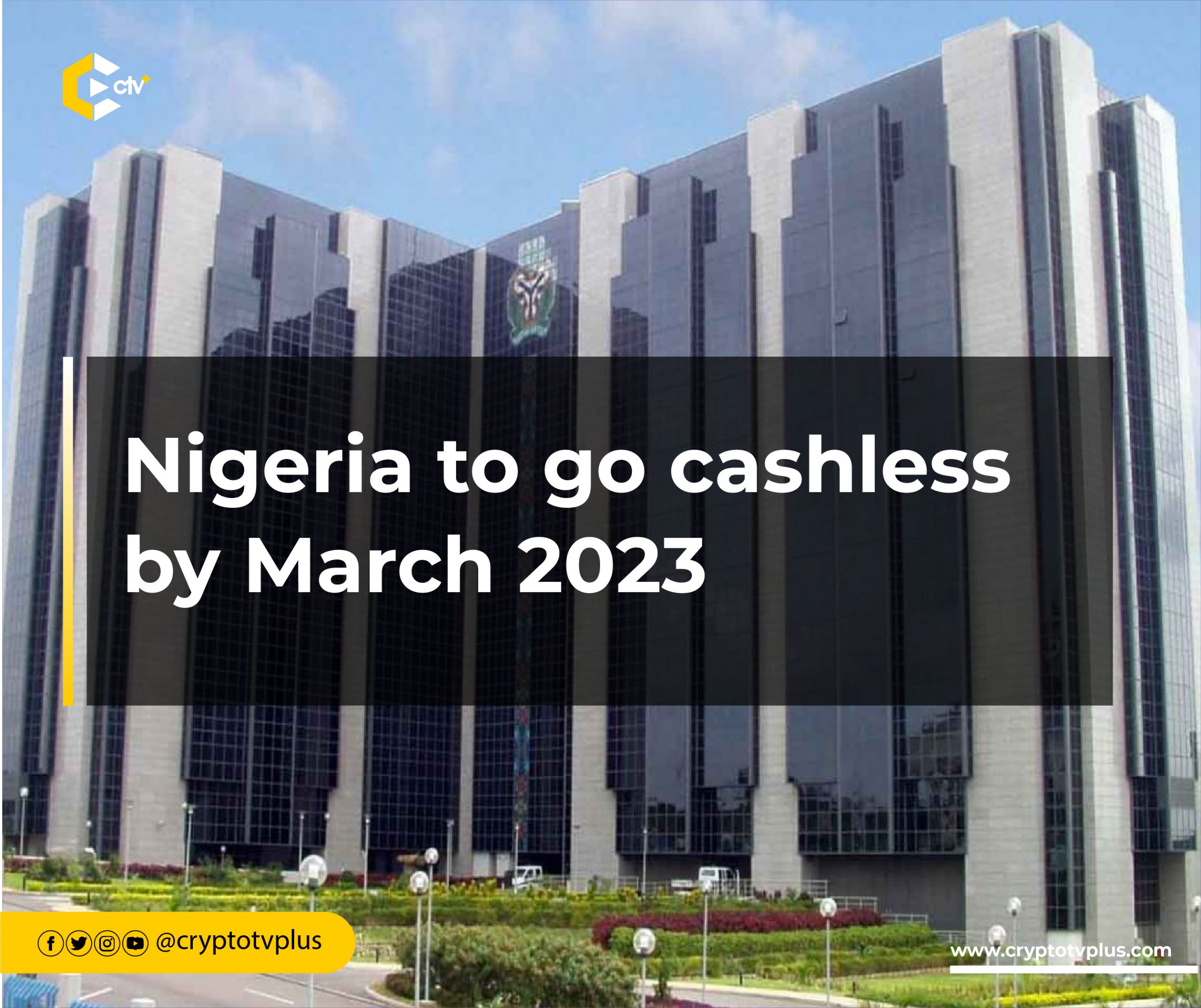News
Nigeria to go cashless by March 2023

The Nigerian Financial Intelligence Unit (NFIU) had said that the country will be fully cashless by March, 2023. This implies that all monetary transactions in the largest black nation in the world by population will be digital as that appears to be the only alternative.
In addition, the NFIU added that nobody, including government officials, are permitted to use cash. “Any Govt official that withdraws even one Naira cash from any public account from March 1 will be investigated & prosecuted,” it said.
As an exception, the Unit notified that only persons who are authorized by the President can use cash “for national security, health, or other important reasons.”
Launch of digital naira – eNaira
Prior to these changes, the Central Bank had launched the eNaira, the nation’s central bank digital currency (CBDC). The eNaira is one the first CBDCs released by a national government globally which stands as the digital representative of physical cash – in this case naira.
According to the Central Bank, the launch of eNaira is to enhance financial inclusiveness where the unbanked can gain access to financial services irrespective of distance. While the eNaira has been in the market, reports showed as at Q4, 2022 that the adoption rate has been very low.
Nigerians, who are amongst the top ten nationalities that interact with digital currencies like crypto, are not using the eNaira as much as expected. Commercial banks have also not shown much support for the CBDCs. One reason is that the eNaira is the property of the CBN and stays with the CBN unlike cash that is issued by the CBN and given to commercial banks who in turn serve the general public.
Crypto and upcoming elections
In view of going cashless, a bill was sent to the House of Representatives which includes considerations on passing a law to make crypto legal in the country. Citizens of the country have shown a strong affinity for cryptocurrencies like bitcoin especially when it was used to raise funds to support the endsars protest.
On another note, come February 2023, there will be a general election that will see a change of government for Nigeria. With an economic situation that is not pleasant, will the cashless policy implementation make life better or worse for her citizens?
Are there concerns that this move will impede money laundering amongst politicians? Is the country technically ready for and to bear the burden of a cashless economy?
Tell us what you think in the comments below.
Read also;
No difference in U.S. & Nigeria’s crypto regulations except one factor
Nigeria to pass crypto bill into law
























